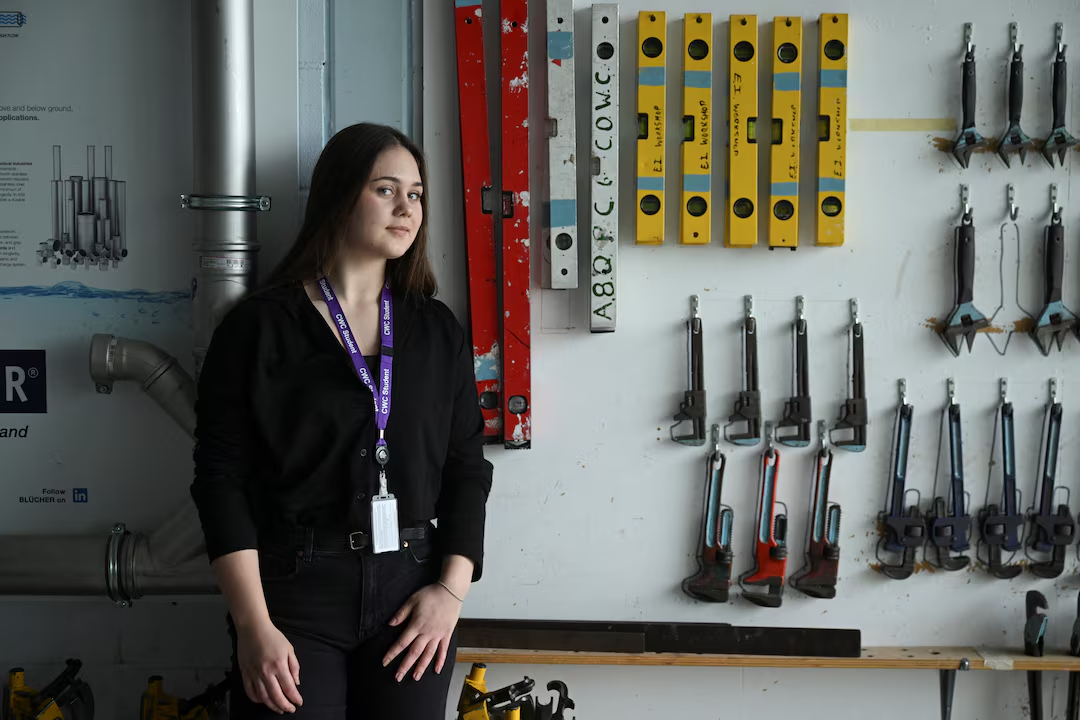It’s a trend popping up across Saudi Arabia, where Vision 2030 is shaking up how we work. But this habit’s taking a toll on his mood. Let’s dive into what quiet quitting is, how it messes with emotional health in Saudi workplaces, and what we can do to feel better.
Table of Contents
What’s Quiet Quitting in Saudi Workspaces?
Quiet quitting means sticking to your job’s basics—no overtime, no extra projects. It’s not about walking out; it’s about pulling back. In Saudi Arabia, with Vision 2030 pushing new industries like tech and tourism, quiet quitting is catching on, especially among young workers in cities like Jeddah and Khobar. A global survey from 2022 showed half of U.S. workers do it, and we’re seeing it here too, in offices, hospitals, and retail. It’s often a way to cope with stress, but it can hurt your mental well-being.
Why Are People Quiet Quitting in Saudi Arabia?
Saudi workplaces are buzzing with energy, thanks to Vision 2030’s big plans. But that energy comes with pressure. Khalid told me his boss expects replies to emails at midnight, with no “thank you” in return. That kind of thing pushes people to quiet quit. Here’s why it’s happening:
- Burnout City: Long hours and tight deadlines leave you wiped out.
- No High-Fives: Hard work often goes unnoticed, which feels unfair.
- Life Gets Blurry: Work creeps into family time, stressing you out.
- Stuck in Place: No promotions or training makes you feel trapped.
- Trust Issues: Micromanagers or vague goals sap your drive.
How Quiet Quitting Hits Your Emotional Health
Quiet quitting might feel like a shield, but it can backfire. Khalid said he feels guilty for slacking, yet too tired to push harder. Studies link quiet quitting to feeling detached or stressed. In Saudi Arabia, where mental health is finally getting some spotlight, this is a big deal. Here’s how it affects you:
- Stress Piles Up: Doing just enough can make you worry about getting caught.
- Feeling Alone: Skipping team tasks cuts you off from coworkers.
- Low Vibes: Less effort can make you feel like you’re not growing.
- Burnout Loop: Quiet quitting starts as a fix but can make exhaustion worse.
- Home Stress: Work tension can strain relationships, sometimes needing marriage counseling Riyadh to sort things out.
Quiet Quitting in Saudi’s Unique Work Culture
Saudi Arabia’s work scene blends ambition with tradition. Vision 2030 pushes for innovation, but our culture values community and balance, like gathering for a majlis. Quiet quitting feels out of place in team-focused workplaces, like those in oil or hospitality. A 2023 study in the region showed 24% of young workers disengage, and we’re seeing it in Riyadh’s tech hubs or Dammam’s clinics. Remote work makes it easier to check out, but it also leaves you lonely. Mental health campaigns, like those during World Mental Health Day, are helping, but access to care like obsessive compulsive disorder treatment is still tough for some.
Ways to Tackle Quiet Quitting and Boost Emotional Health
Quiet quitting doesn’t have to take over. Workers, bosses, and policymakers can team up to create happier workplaces. Here’s how:
1. What Employers Can Do
Saudi companies can cut quiet quitting by caring about their people. Try these:
- Flexible Hours: Let folks work hybrid, like some startups in Al-Khobar.
- Give Props: Shout out good work with bonuses or team lunches.
- Mental Health Help: Offer counseling or stress-relief workshops.
- Keep It Clear: Set fair goals so no one’s guessing what’s expected.
2. Tips for Workers
You can protect your mind and stay engaged. Here’s how:
- Draw a Line: Stop work at a set time to chill with family or friends.
- Speak Up: Tell your boss if you’re swamped or feel ignored.
- Take Care of You: Walk by Riyadh’s Kingdom Centre or try meditation.
- Connect: Chat with coworkers over coffee to feel less alone.
3. Government and Policy Moves
Vision 2030’s Quality of Life Program can make a difference. Ideas include:
- More Health Access: Add mental health support to clinics in Jeddah or Dhahran.
- Fair Work Rules: Ensure decent pay and reasonable hours.
- Skill Sessions: Teach workers how to manage stress or budgets.
4. Building Community
A strong workplace vibe helps everyone. Try these:
- Peer Chats: Start WhatsApp groups for workers to share tips.
- Mentor Match: Pair newbies with pros for advice.
- Local Hangouts: Meet coworkers at cafés in Riyadh’s Al-Murabba.
Answering Your Questions
People often ask these online. Here’s the deal:
- Why do people quiet quit?
Burnout, no recognition, and bad work-life balance are big reasons. - How does it affect mental health?
It can make you feel guilty, lonely, or unmotivated. - How can bosses stop it?
Offer flexibility, praise good work, and support mental health. - Is quiet quitting bad for business?
Yup, it hurts productivity and team spirit.
Other Stuff to Check Out
Searches show people are curious about:
- Workplace Wellness: Tips for handling stress in Saudi offices.
- Keeping Workers Engaged: Ways to spark motivation at work.
- Avoiding Burnout: Strategies for high-pressure jobs.
- Vision 2030 and Jobs: How Saudi’s big plan shapes work life.
Steps for Saudi Workers to Start Now
If you’re quiet quitting or feeling low, try these:
- Track Your Hours: Use an app to avoid overworking.
- Talk It Out: Share worries with your boss or a friend at work.
- Do Something Fun: Try oud music or a walk in Al-Rajhi Park.
- Join a Group: Connect with coworkers online or at a local majlis.
- Get Help: Visit a clinic if you’re feeling off.
Tips for Saudi Employers
To keep quiet quitting in check, bosses can:
- Listen Up: Check in with your team regularly.
- Offer Growth: Give training or clear promotion paths.
- Support Wellness: Host yoga sessions or provide gym passes.
- Build Trust: Skip micromanaging and set clear tasks.
- Celebrate Wins: Throw a team iftar or give out awards.
Wrapping It Up
Quiet quitting is creeping into Saudi Arabia’s workplaces, from Riyadh’s tech scene to Khobar’s retail shops. It’s a way to cope with burnout or feeling unvalued, but it can leave you stressed, guilty, or disconnected. Vision 2030’s push for better health services and less stigma is a bright spot. Companies can help by offering flexibility and support, while workers can set boundaries and seek help. Together, we can build Saudi workspaces where emotional health shines. Start small—chat with a coworker, take a break, or explore local clinics. Your well-being counts











